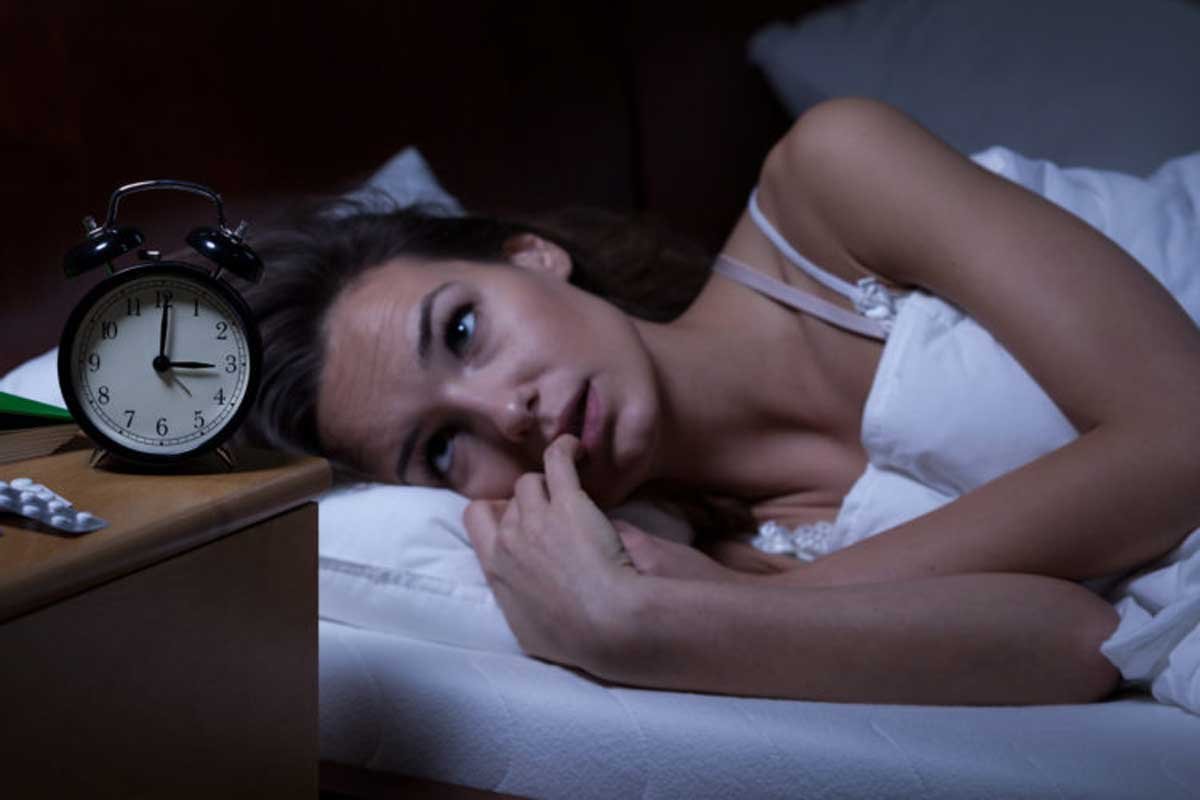According to the CDC, 1 in 3 adults don’t get enough sleep.
If you find yourself in that category, you might be dealing with night terrors and sleep paralysis. Both of these are sleep disorders that can keep you from getting a good night’s sleep.
Thankfully, we have some tips on how to sleep better and treat your terrors and paralysis. Make sure you keep reading to get a good night’s rest.
Table of Contents
What Are Night Terrors?
Night terrors are episodes at night where you scream, flail, and feel intense fear while you’re asleep. Sometimes they’re also paired with sleepwalking.
This is considered parasomnia, which is an undesired occurrence during your sleep. An episode could last from a few seconds to more than a few minutes.
Sleep terrors normally affect younger children, but some adults also struggle with them. They’re generally not a huge issue, especially for children because they will most likely grow out of them when they go through puberty.
They’re different from your standard nightmares because most people can remember their nightmares when they wake up. However, during a sleep terror, people stay asleep. Most people don’t remember anything in the morning, or they may only recall small parts.
If you’re having sleep terrors, you’ll likely have them in the first half of the night, and you probably won’t have them while napping since you won’t have a deep enough sleep.

What is Sleep Paralysis?
Sleep paralysis happens when you feel like you’re awake, but you’re not able to move. This happens when you pass through stages of being asleep and awake.
Sometimes in the transition, you can get stuck and won’t be able to speak or move. Some people feel like there’s pressure on them or that they are choking or can’t breathe.
This can also last from a few seconds to a few minutes.
Sleep paralysis normally happens while you’re falling asleep or when you’re about to wake up since these are the two main times when you will pass through that stage.
How to Treat Night Terrors
While it might seem counterproductive, you should try and get enough sleep. You’re more prone to night terrors when you’re already exhausted and sleep-deprived. Then when you do have a night terror, you’ll get stuck in an endless cycle of not being able to get enough sleep.
Try going to bed a little bit earlier than normal and stick to a routine bedtime schedule. Some people also take short naps throughout the day if they have time.
Try and have a good bedtime routine, like turning off the lights, avoiding your phone, and relaxing thirty minutes prior to bedtime.
Create a Good Bedtime Routine
If you’re having problems relaxing, you can try creating a routine to help you get relaxed. You might want to do something quite like reading a book, soaking in a warm bath, drinking chamomile tea, or doing a puzzle.
Many people also try relaxation, meditation, or breathing exercises to help quiet their minds.
Make Your Bedroom a Safe Space
If you do tend to sleepwalk while you have night terrors, make sure that you don’t injure yourself. Ensure that all the windows and doors are closed and locked at night.
In case you open them, you could also make sure that you put bells or alarms on them to help wake you up. You may even want to block the path to the door with a baby gate.
However, make sure there’s nothing you could trip on, like cords. Lock up all of the weapons as well so that you don’t hurt yourself or anyone else.
Avoid Stress
While this isn’t always possible, you can learn coping strategies that will help you manage your stress. Sometimes talking to a licensed mental health professional can help as well.
Look for Patterns
One way to recognize patterns is to keep a sleep diary. If you notice that drinking a lot of caffeine causes night terrors, then try cutting back on the amount of caffeine you drink.
You can take that sleep diary to a doctor if you can’t make sense of it. They might be able to use that information to come up with a night terror treatment for you.
How to Treat Sleep Paralysis
Some good tips for better sleep when dealing with sleep paralysis include things like managing your stress, having a regular schedule, and making sure you have good sleeping habits.
Many of the same treatments that you use for night terrors will apply to sleep paralysis as well.
Have a Comfortable Environment
Only use your bed for sex and sleeping; avoid working in it. When you work in your bed, you condition your brain to go into work mode rather than relax mode.
You should also make sure that your bed, sheets, and sleepwear are comfortable and clean.
Exercise
Exercise can also be a great way to manage your stress, but you should make sure that you do it before bedtime. Experts recommend avoiding exercise about two hours before you’re going to bed because it can activate your nervous system.
This makes it harder to go to sleep, which makes it more likely that you’ll experience sleep paralysis.
Change Your Diet
Caffeine can also cause issues with sleep paralysis. You should avoid drinking it if possible.
If you eat a really heavy meal two hours before bedtime, it’ll be harder to digest the meal, which could leave you with an upset stomach and difficulty falling asleep.
Discover More Tips for Treating Night Terrors and Sleep Paralysis
These are only a few things you can do to treat night terrors and sleep paralysis, but there are many more things you can try!
We know that not being able to get enough sleep at night can be stressful and bad for your health, but we’re here to help you out!
If you enjoyed this article, make sure that you explore our website to find more articles just like this one.





